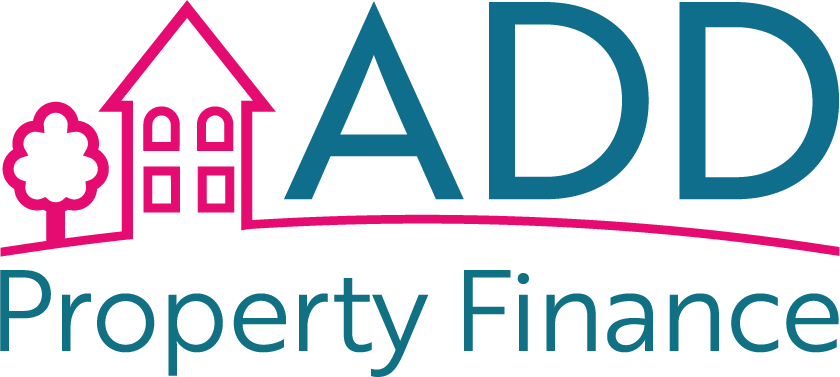Bridging loans are a versatile financial tool for homeowners, providing quick access to funds for various property-related needs. However, like any financial product, it’s essential to understand the associated costs. In this article, we’ll delve into the various fees and interest rates associated with bridging loans, helping homeowners assess the overall cost and make informed decisions.
Interest Rates
Interest rates are a significant component of the cost of a bridging loan. Here’s what you need to know:
- Variable vs. Fixed Rates: Bridging loans can have either variable or fixed interest rates. Variable rates can change over the loan term, while fixed rates remain constant. Choosing between them depends on your risk tolerance and interest rate trends.
- Interest-Only Payments: Many bridging loans require interest-only payments during the loan term. This means you only pay the interest accrued each month, with the principal amount repaid at the end of the loan term.
- Interest Rate Factors: The interest rate you’ll receive depends on factors such as your creditworthiness, loan-to-value (LTV) ratio, and the lender’s policies. Generally, lower-risk borrowers receive lower interest rates.
Arrangement Fees
Arrangement fees are charges levied by the lender for setting up the bridging loan. Key details include:
- Percentage of Loan: Arrangement fees are typically calculated as a percentage of the loan amount. The specific percentage can vary between lenders.
- Upfront Payment: Arrangement fees are usually paid upfront when the loan is initiated. Be prepared to budget for this cost.
Exit Fees
Exit fees, also known as redemption fees, are incurred when you repay the bridging loan. Here’s what you should know:
- Variable or Fixed Exit Fees: Some lenders charge a fixed exit fee, while others calculate it based on a percentage of the loan amount. It’s crucial to understand your lender’s exit fee structure.
- Timing of Repayment: Exit fees are typically incurred when you repay the bridging loan, either by selling your property or securing long-term financing.
Valuation Fees
Valuation fees cover the cost of assessing the value of the properties involved in the loan. Consider the following:
- Property Valuation: Lenders will typically require a valuation of both the property you’re purchasing and the property you’re using as security. Valuation fees vary depending on the properties’ complexity and location.
Legal Fees
Legal fees are associated with the legal aspects of the bridging loan. Important details include:
- Legal Representation: You’ll likely need legal representation to handle the legal documentation associated with the loan. Legal fees can vary based on the complexity of the transaction.
Broker Fees
If you work with a mortgage broker to secure a bridging loan, there may be broker fees. Here’s what you should know:
- Broker’s Role: Mortgage brokers help you find suitable lenders and navigate the loan application process. Broker fees can vary, so it’s essential to understand the terms upfront.
Additional Costs
In addition to the fees mentioned above, homeowners should also consider other costs such as insurance premiums, early repayment charges, and any penalty fees for missed payments.
Conclusion
Bridging loans offer homeowners a valuable financial solution, but understanding the associated costs is crucial. Interest rates, arrangement fees, exit fees, valuation fees, legal fees, and broker fees can all contribute to the overall expense of the loan. To make an informed decision, homeowners should carefully assess the costs and terms offered by different lenders and consult with mortgage advisers to ensure the loan aligns with their financial goals and property plans. When used wisely, bridging loans can provide the necessary funding for property-related needs while managing the associated costs effectively.







